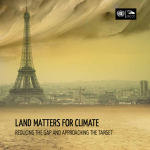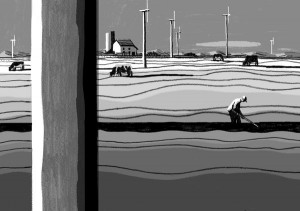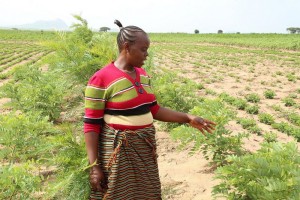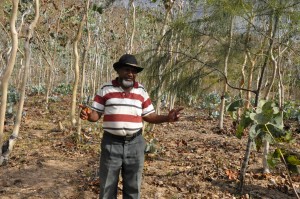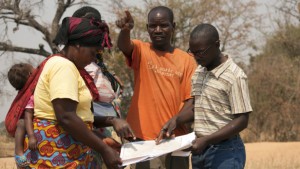 Locally known as Msangu, Faidherbia Albida is considered a miracle tree by Zambian locals due to its ability to increase agricultural productivity, improve crop resilience and enhance soil fertility. Joseph Zulu, a local farmer notes that the fertilizer tree is a wonderful example of how climate-smart agriculture can be incorporated into traditional farming environments.
Locally known as Msangu, Faidherbia Albida is considered a miracle tree by Zambian locals due to its ability to increase agricultural productivity, improve crop resilience and enhance soil fertility. Joseph Zulu, a local farmer notes that the fertilizer tree is a wonderful example of how climate-smart agriculture can be incorporated into traditional farming environments.
Despite the important benefits, few local farmers follow Zulu’s lead. Msangu only occupies 6 percent of fields in the district and this is attributed to property rights as many rural Zambians live on customary land without formally recognized boundaries to their fields or official documentation of their rights to access, use or own land.


